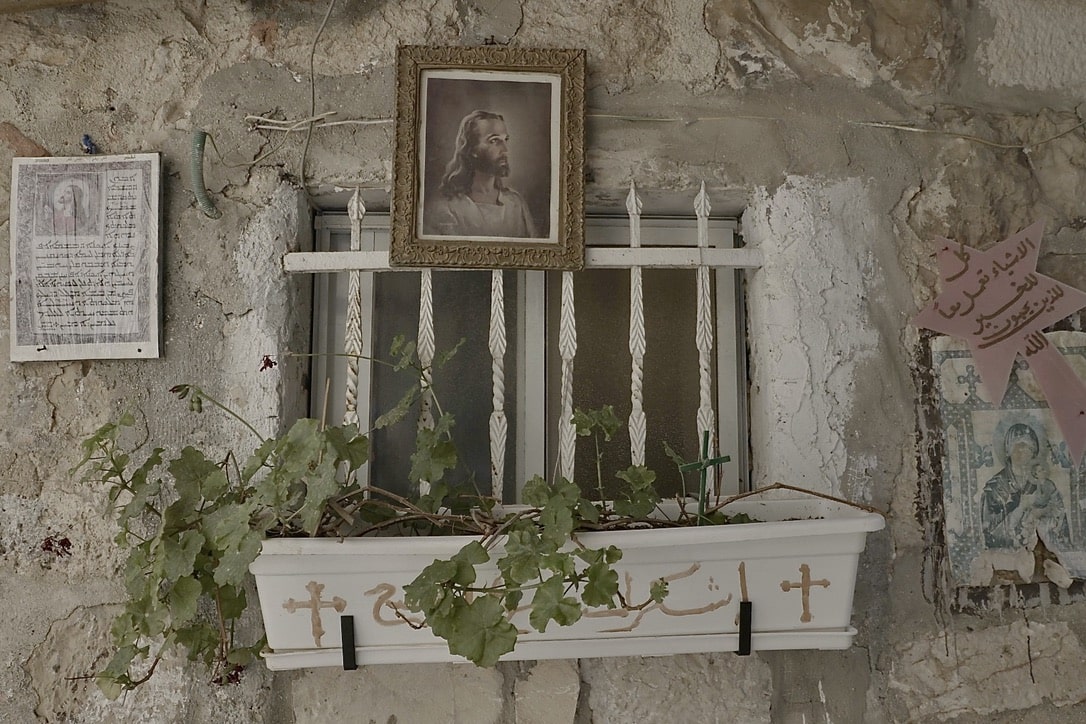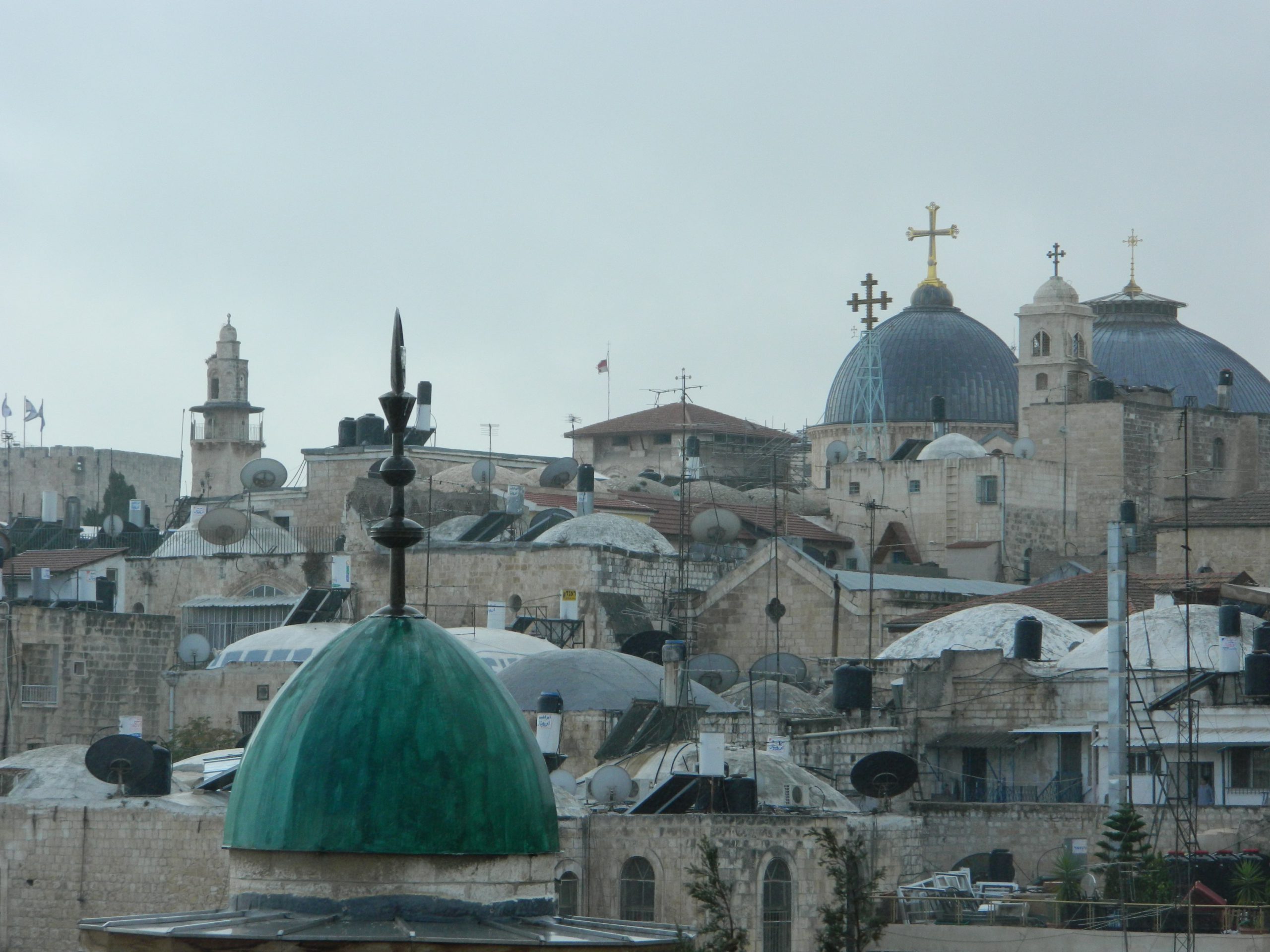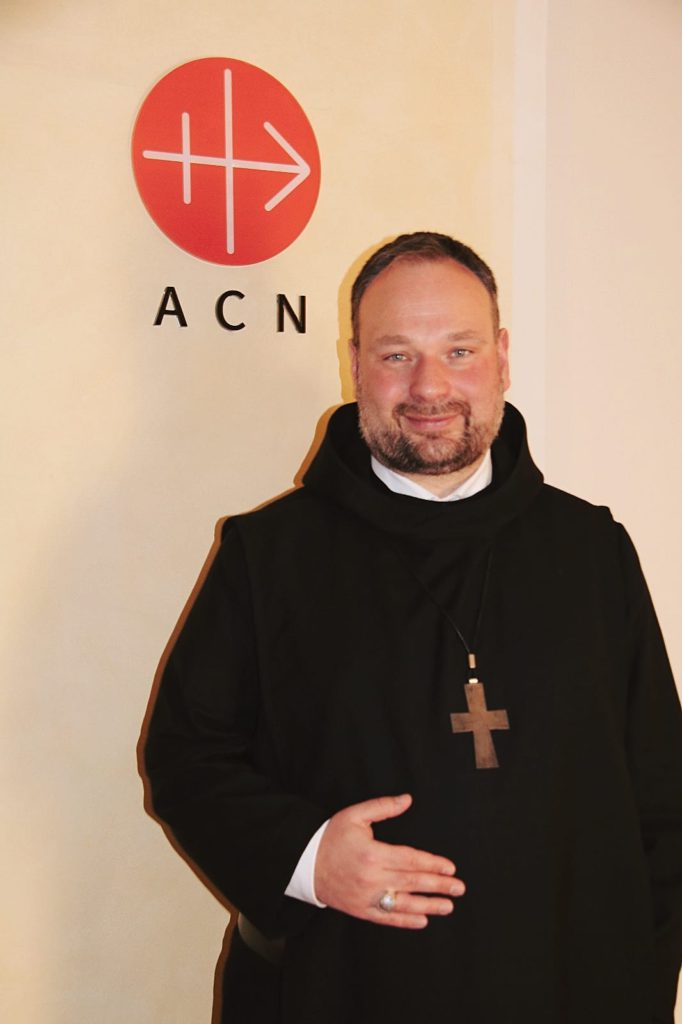Six months after the terrible attacks by Hamas and the beginning of the Israeli offensive in Gaza, Abbot Nikodemus pleas for the conflict to be seen from a humanitarian perspective, transcending religious and political boundaries.
As the Palestinian-Israeli conflict continues to rage, Nikodemus Schnabel, Benedictine Abbot of the Dormition Abbey on Mount Zion in Jerusalem and Tabgha Priory at the Sea of Galilea, highlights the importance of viewing the conflict from a Christian perspective, in an interview with the international Catholic charity Aid to the Church in Need (ACN).
“People are dying while the world watches as if it was a simple game, where one waves flags for one team or another. But this is a terrible situation”, the Abbot says. “This is not a football match, and it’s not about scoring points, seeing who has the most impressive stories, or the best pictures”, he says.
The sad reality is that many of these people take sides without fully understanding the complexities of the conflict, says Abbot Nikodemus. “At the moment we are living in a very polarised environment, there is a lot of pressure to pick a camp and make accusations, but if you do so you become part of this game. The reality is very complicated, with many ‘footnotes’, ‘brackets’ and ‘parentheses’.”
The abbot of the Basilica of the Dormition, however, states clearly: “I am neither pro-Israel nor pro-Palestine. I am pro-human being. This is my theological position.” During the interview he expands on the belief – shared by Christians, Jews and Muslims – that every human being is created in the image of God, and deserving of respect and dignity, regardless of nationality or religion.

Christians suffer between extremes
The Benedictine monk highlights the dangerous rhetoric used by both sides, and the tragic consequences that result. “They don’t talk about human beings. They say these are not people, they are monsters, beasts in human shape”, he tells ACN. “There is a dangerous tendency to dehumanise the ‘other’. They speak of ‘neutralising’ people. They don’t say ‘killing’. They talk about casualties in referring to the victims, as though they were mere statistics, they hide the fact that these are human beings, dying at the hands of other human beings.”
The Benedictine abbot stresses the challenges faced by the Christian community in the region, torn apart by decades of division, violence and political conflicts between Israelis and Palestinians. “Many people think that Israel and Judaism are the same thing, and that they are the same as the Western world, and that the Palestinians equal Islam and the Eastern world. But even though they are only a small percentage, estimated at around 2% of the population, Christians don’t fit into this tidy arrangement, and suffer amongst the divisions, which have intensified because of the war. The truth is that we are victims of both sides”, Abbot Nikodemus explains. “I get the feeling that some people think that without the Christians things would be simpler, because then we really would be left with this wonderfully black and white representation of the conflict. But the Christians are present, and on both sides, which complicates the narrative of a clear division between opposing forces”, he says.

The Christian message of forgiveness
Despite being largely ignored and marginalised both inside and outside, the Christian community in the Holy Land plays a very important role, according to the abbot, by the fact that it is the only faith group which places the message of forgiveness and compassion at the centre of its proclamation. “We feel the pain and suffer with the people on both sides. We shed tears for both sides.” This leads the Benedictine abbot to call for a new perspective, insisting that each life, including that of a sinner or criminal, is created in the image and likeness of God. This basic belief should serve as a reminder of the inherent dignity and value of each person, and not permit those who wage this war to see people only from a geostrategic or military point of view.
“My point of reference is Holy Scripture, the Bible. That is where I learned from my Lord Jesus Christ that I should pray for those who hate me, pray also for those who commit crimes. It is a scandal to say so nowadays, but I do pray for the terrorists, and for all the others who are implicated in the conflict”, Abbot Nikodemus concludes.


